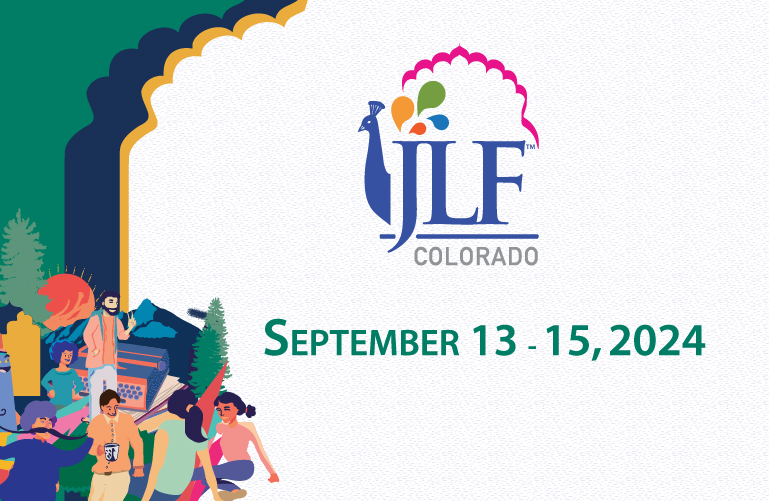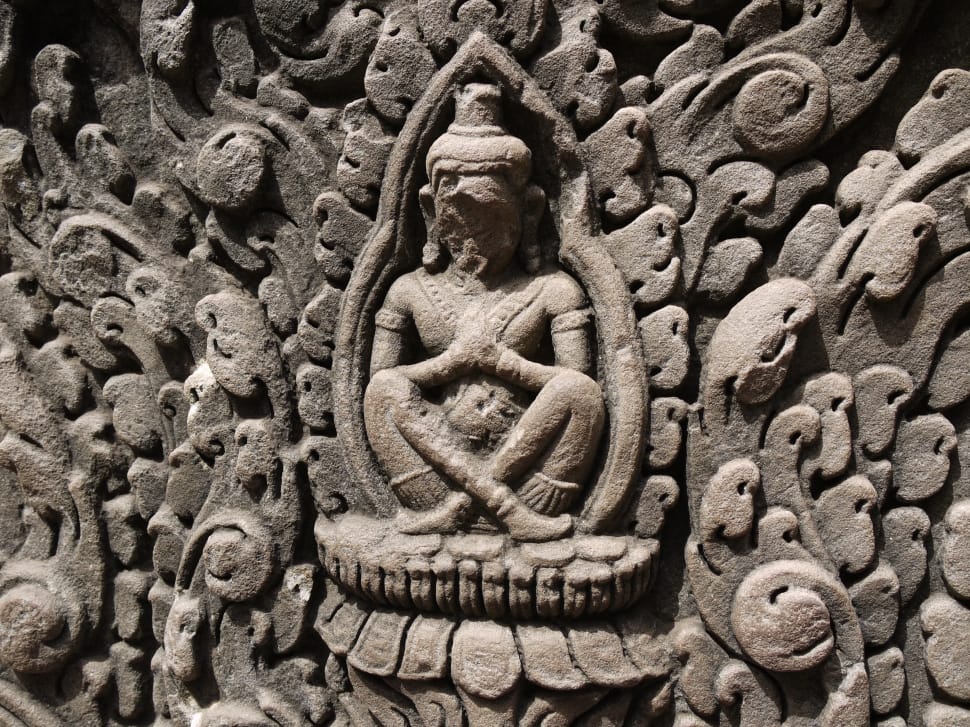


Mythology
The most enduring memory of my grandfather is that of his voice as he recounted stories from Hindu mythology to me in my childhood. The mundane school-day would draw to a close with stories of lord Vishnu transforming into the enticing Mohini, who lured the demons away from the nectar churned out of the ocean or of Eklavya mastering the art of archery and sealing the jaws of a ferocious dog with a clutch of arrows. I never believed them but I often went along, and refused to grow out of them.
It is awkward to talk about myths today in the age of information, when we tend to place a high premium on objective facts, often relegating myths to falsehood. It would be an error, however, to think that mythology has run its course when our most popular channels of entertainment celebrate TV series like the Black Mirror, serving cautionary tales of the abuse of technology. Or rather more disconcertingly, when images of Donald Trump and Hilary Clinton are photoshopped on a classic Perseus and Medusa; or closer home as the Hindutva forces employ the image of Hanuman, the ultimate devotee, morphed into an ominous figure to stir passions among their followers.
Classicist Mary Beard provides an easy definition of the word ‘myth’ - a myth is a story or a narrative that does not exist in a definitive form. In the beginning of history, myth perhaps came to man’s aid as he sought explanations for natural phenomena around him - why did the sun rise? Why were the oceans blue? His intuition and observations converged to form a corpus of origin myths, which is seen across the cultures of the Hindus, Greeks, followers of the Abrahamic faiths or Native-Americans. To the imaginative, story-telling animal that man is, myth helped create a set of shared beliefs to allow groups of people to collaborate, organise and defend themselves, and gradually gave rise to social order and religion. The term mythology refers to the study of myths or a group of myths shared by a particular people.
In the centuries before Christ in the Indian subcontinent, myths were recounted, enacted and retold by its bards and passed down the generations as an oral tradition. In the inherent admission that myth is a delusion lay tremendous scope for readjustment and there remained nothing outside the pale of the myth - half-god half-goddesses, men who could transform into beasts at will, wicked sorceresses and demons, tales of high adventure and derring-do. As Devdutt Patnaik points out, Hindus called their myths ‘mithya’, which they distinguished from ‘satya’, an objective, evidence based truth.
In Ancient Greece, the Greek playwrights adapted their mythology into plays known as the Greek tragedies, to reinforce their cultural norms and use myths as a thought experiment to nudge their citizens to think about the world. As their society evolved from one that praised warrior virtues to one that instructed people on how to be good citizens, Greek mythology transformed to reflect this shift of attention and lent aid to Athenian philosophy.
We may have turned our attention away from mythology but it remains a useful tool to understand our individual and collective behaviours. On that note, I look forward to hearing Philip Lutgendorf on the Ramayana tradition, Purushottam Agarwal on the retelling of Jayasi’s Padmavat and Andrew Schelling’s take on the folkloric account of creation tales at the JLF USA and Toronto. Find more speakers with whom to explore the world of mythology at www.jlflitfest.com.

Leave a comment